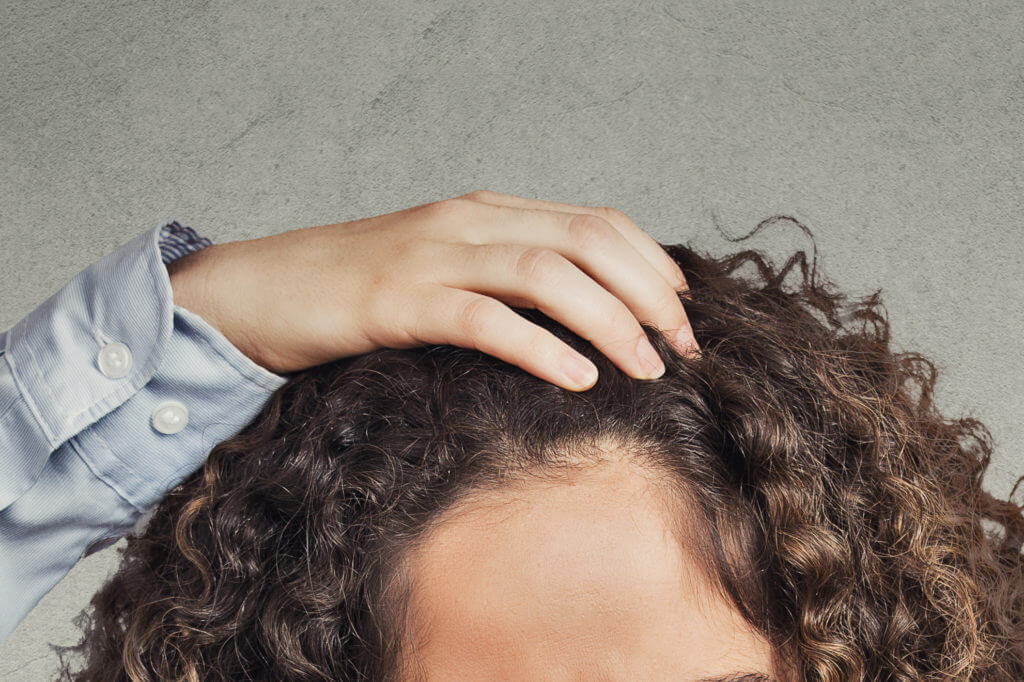4 Common Hair Loss Risk Factors

Is your hair Insta-worthy? Your long and beautiful hair is a part of your personality. Unfortunately, hair doesn’t always stay intact. You may lose more strands, and while you want them to grow back fast, it doesn’t always happen. Your hair is a long chain of a protein referred to as keratin. Hair growth cells weaken as we age or battle certain medical conditions. This decreases hair follicle production, and the hair grows thinner, which could extend to balding. It is advisable to seek professional hair restoration from Martin Maag M.D. if you notice significant loss that impacts your looks and confidence.
The moment you notice thinning hair, you can take some steps to slow or stop the loss if you understand what’s causing it. Among the risk factors that could be causing your hair loss includes the following:
- Hormonal changes
Hormonal changes impact your body in many ways, hair growth included. The changes could be due to situations like pregnancy, menopause, health concerns, and medications. The hormonal-related loss, such as due to pregnancy, can be temporary, meaning it will grow back shortly after childbirth. The loss could also be permanent. If your hair loss is due to hormonal changes, you can take measures such as revisiting your diet to improve hair growth and talk to your doctor to establish if the medication or supplements could be the issue and the possible alternatives.
- Sun exposure
You know sun exposure is bad for your skin, including increasing skin cancer risk. The same UV radiation that impacts the skin can also damage your hair. The rays cause hair dryness and damage, leading to breakage and loss. Wear protective clothing or seek shade when outdoors. Such simple measures can help limit sun exposure and slow or stop hair loss.
- Hair treatments
How do you style your hair? You can accelerate breakage and loss if you tie it often and tightly and use heat-styling hair products. Treatments such as hot oil can also lead to hair follicle inflammation, resulting in hair loss. Avoiding such styles and treatments can keep your hair stronger and healthier for an extended period.
- Genes
Besides the above risks within your control, your hair loss could also be genetic. Look around; does members of your immediate family spot thinning hair or considerable loss? You are likely to experience it too, but all hope is not lost. You can visit a doctor for restoration treatments. The common hair restoration options include:
- Laser therapy
- Stem cell hair growth
- Hair transplant
- PRP therapy
- Microneedling
Your doctor can also recommend lifestyle adjustments and certain products for hair restoration. Among the recommendations are dietary measures to improve Vitamin C and D, zinc, iron, and Omega-3 fatty acids and to quit destructive habits like poor stress management, smoking, and excessive alcohol consumption. You can also try home remedies such as topical ointments, essential oils, and scalp massage to improve blood flow.
Hair loss can make you look older, which can impact your self-esteem. Adopting a healthier regimen can help slow, stop, and reverse the situation. You can also opt for in-office treatments, especially when the loss is considerable or beyond your control, such as genetics. Visit Honest Hair Restoration today to discuss your hair loss concerns with your specialist.
